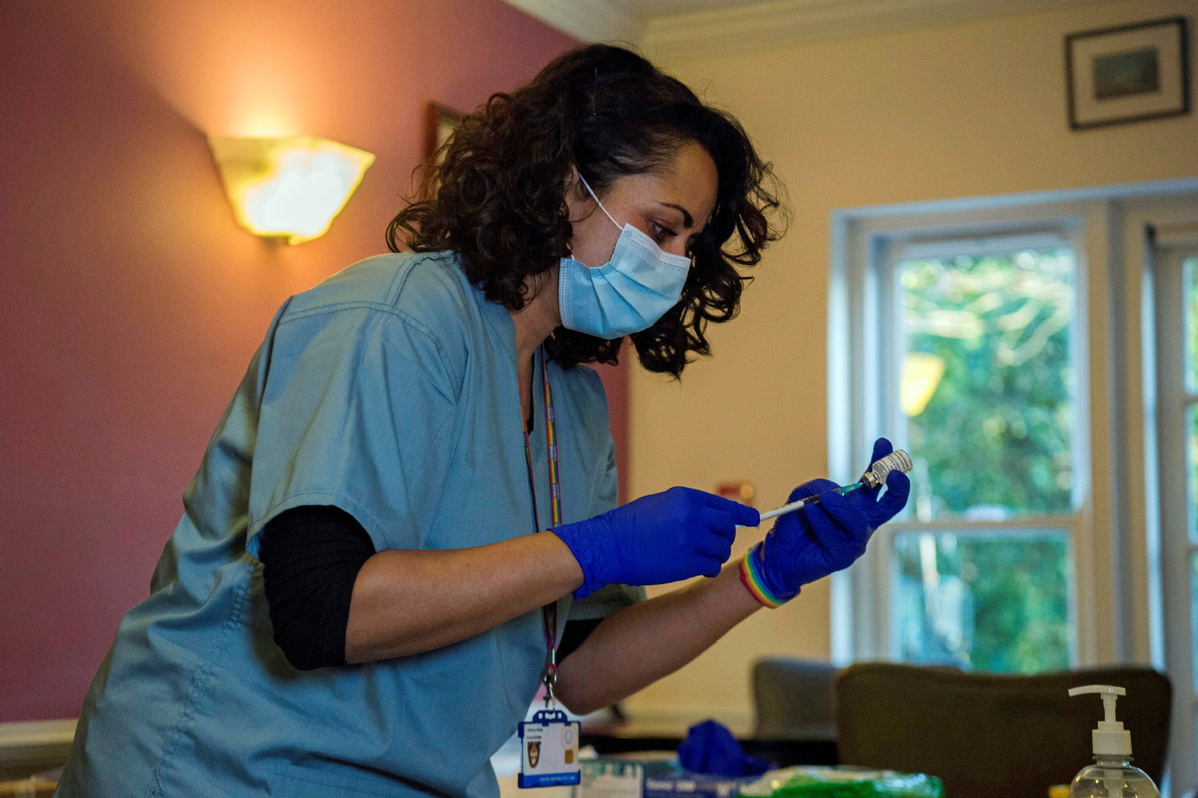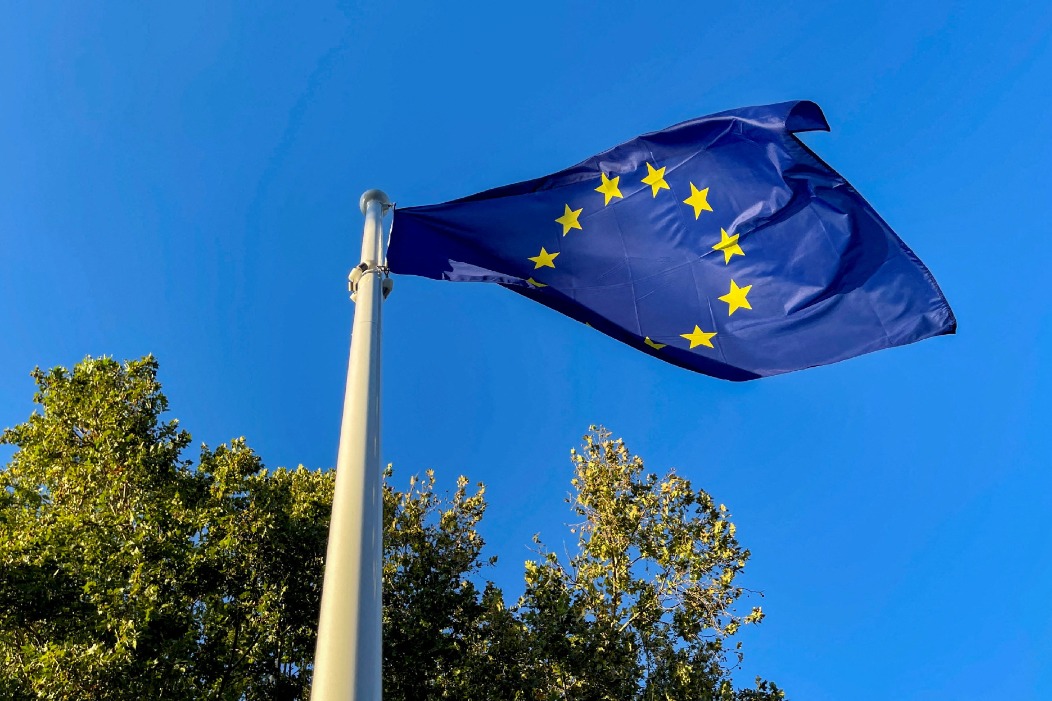Official defends vaccine policy


UK set to establish more injection sites to meet demand for novel coronavirus jabs
Vulnerable people in the United Kingdom will get better access to novel coronavirus inoculations, thanks to seven new large-scale vaccination centers that will help ensure the 13 million people who most need protection get it within the next six weeks, according to Nikki Kanani, the National Health Service's medical director for primary care.
She gave the assurance after some doctors questioned the efficiency of the government's rollout of vaccinations and complained about shortages and lack of transparency around who should be prioritized for jabs.
Kanani said that in addition to the new hubs in Birmingham, Bristol, London, Manchester, Newcastle, Stevenage, and Surrey, around 280 more injection sites will be added in doctor's clinics, pharmacies, and other places.
"We will now be able to protect many more vulnerable people against the virus and faster," the Financial Times quoted her as saying.
The UK is currently using two vaccines-one developed by a partnership involving scientists from the University of Oxford and the pharmaceutical giant Astra-Zeneca and another produced through a collaboration involving BioNTech and Pfizer. So far, more than 1.3 million people have been vaccinated against the virus and the COVID-19 disease it causes.
The government has said it sees the vaccines as the nation's best hope of relieving a massively pressurized NHS that is currently treating more than 30,000 people for COVID-19; 39 percent more than it was during the previous peak in April. The pressure on the NHS is largely down to a variant of the novel coronavirus that jumps from person to person far easier than the main strain.
Prime Minister Boris Johnson has said he wants to see millions of jabs administered each week in a fightback against the virus.
The BBC reported on Thursday that the fast-spreading variant has put so much pressure on hospitals that managers are now looking for overspill space in care homes and nursing homes.
Chris Hopson, the chief executive of NHS Providers, an organization that represents hospital trusts, said on Radio 4's Today program: "This is escalating really quickly. We've seen 5,000 new patients in hospital beds with COVID-19 over the past week-that's 10 full hospitals' worth of COVID patients in hospitals in just seven days, so it's a really big challenge."
The pressure on hospitals prompted the British government to order the closure of schools earlier this week, a move that has been replicated in many other European nations, including Ireland, Germany, Denmark, and parts of Italy.
Chancellor Angela Merkel acknowledged that closing schools in Germany would be a "big challenge" for parents and students.
"We were forced to do it, so as not to lose sight of our goal," she said.
But that goal of containing the virus for long enough to ensure all vulnerable people can be vaccinated looked a long way off on Thursday, when 1,041 people had died the previous day in the UK from COVID-19, and 62,322 new cases had been diagnosed.
The Guardian newspaper said it was the worst day since the peak of the first wave last spring, when there were 22 consecutive days on which more than 1,000 people died.
And, while the new strain continues to cause massive problems in the UK, another variant of the main virus, this time one first identified in South Africa, is adding to the challenge.
Scientists say the so-called South African variant, which is also known to be more infectious than the main strain, may additionally be more resistant to vaccines. And they say another strain, first identified in Brazil, may be similarly resistant.
Tulio de Oliveira, a professor from the University of KwaZulu-Natal, is leading South Africa's scientific analysis of the new local strain.
He told the Financial Times: "At this moment, we think that a vaccine could be a little less effective. (But) between all the varieties of vaccines that are coming to the market, we still have strong belief that some of them will be very effective."
Matt Hancock, the UK's health secretary, said this week that the British government is "incredibly worried" about the South African strain and favors travel restrictions on people arriving from that country.
So far, none of the variants of the disease are thought to cause more serious symptoms.



































